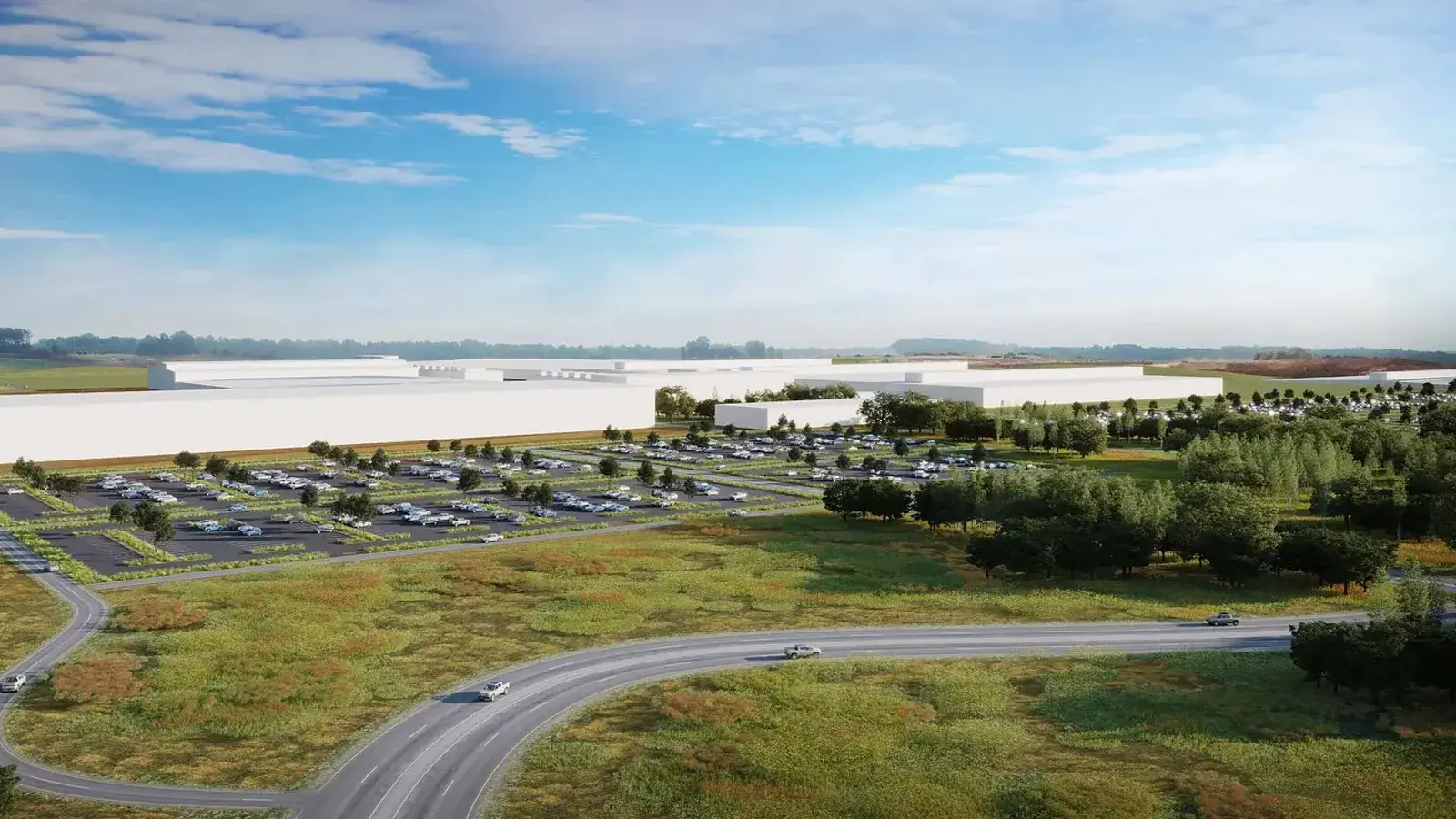Rivian’s recent decision to halt construction on its Georgia factory has sparked significant concerns among Georgia taxpayers. The project, funded by $1.5 billion in incentives, is now in limbo as Rivian shifted its production in March to its Illinois facility. However, a new partnership with Volkswagen may offer a glimmer of hope for the stalled project.


Rivian had ambitious plans for its Georgia factory, aiming to produce its new line of luxury electric vehicles and ramp up production. The project, heavily backed by $1.5 billion in taxpayer incentives, was seen as a potential boost to the local economy. However, financial hurdles have forced Rivian to pause construction. In 2023, Yahoo Finance reported that Rivian lost US $5.43 billion and the majority of its share value. For each sale of their trucks and SUVs, Rivian was losing $43,372.
In response, Rivian implemented cost-saving measures in March 2024, including workforce reductions and postponing major projects like the Georgia factory. The company stated that the decisions would save them over $2.25 billion in capital and stabilize the company’s financial health.
However, on June 25th, Rivian’s CEO announced a $5 billion joint venture with the Volkswagen Group. The partnership is set to speed up Volkswagen’s software development while giving Rivian the financial stability it needs.
Volkswagen aims to leverage Rivian’s in-house EV technology, particularly in their next-generation electric vehicles. This is expected to enhance Volkswagen’s existing capabilities and accelerate its transition to more advanced electric vehicles.
For Rivian, Volkswagen’s $5 billion investment is a huge financial boost. The initial investment of one billion in 2024 helps Rivian keep developing new models, like the R2 and R3, while the remaining four billion is expected to ramp up their production capabilities through 2025 and 2026.
Rivian CEO RJ Scaringe released a statement on the Rivian website stating, “Not only is this partnership expected to bring our software and associated zonal architecture to an even broader market through Volkswagen Group’s global reach, but this partnership also is expected to help secure our capital needs for substantial growth.”
The Volkswagen partnership could be a turning point for Rivian. With improved financial stability, the Georgia factory project could resume as early as 2025. It also allows both companies to remain competitive in a market being threatened by Chinese EV automakers like BYD.
If Rivian can leverage this investment effectively, the Georgia factory could help the company break even and maybe even profit.
Rivian’s new R2 and R3 models are set to hit the EV market next year with a price tag of around US $45,000. This mirrors Tesla’s strategy with the Model 3, which aimed to provide a more affordable EV option while maintaining high performance and range. It was a huge success and propelled Tesla to where it is today. However, whether or not Rivian can replicate this same level of success is up in the air.
There’s a lot at stake for the success of this launch, including the future of Georgia’s Rivian mega factory.


